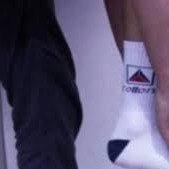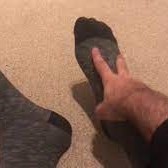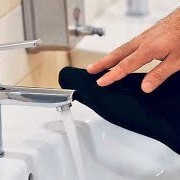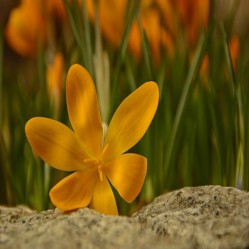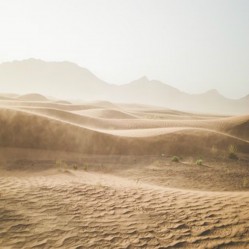
Delivering Friday and Eid Sermons in Local Languages
Delivering Friday sermons in local languages is not just a necessity; it’s a powerful way to connect with our diverse communities. Many of us come from different linguistic backgrounds, and when sermons are only in Arabic, it creates a barrier. Imagine sitting in a congregation, wanting to absorb the wisdom, but struggling to understand. That’s where local languages come in. They ensure that everyone, including new converts and non-Arabic speakers, feels included and empowered. Scholars today recognize this need. Many permit delivering sermons in local languages, emphasizing effective communication and inclusivity. They argue that the essence of the message is lost if it’s not understood. Yet, some still advocate for preserving Arabic, suggesting a blend—delivering the sermon in Arabic followed by a translation. This way, we honor tradition while making the message accessible. Ultimately, it’s about finding balance. Each community must weigh its unique circumstances and seek guidance from local scholars. By embracing local languages, we can ensure that everyone benefits from the sermons, fulfilling our religious duties with understanding and unity.




